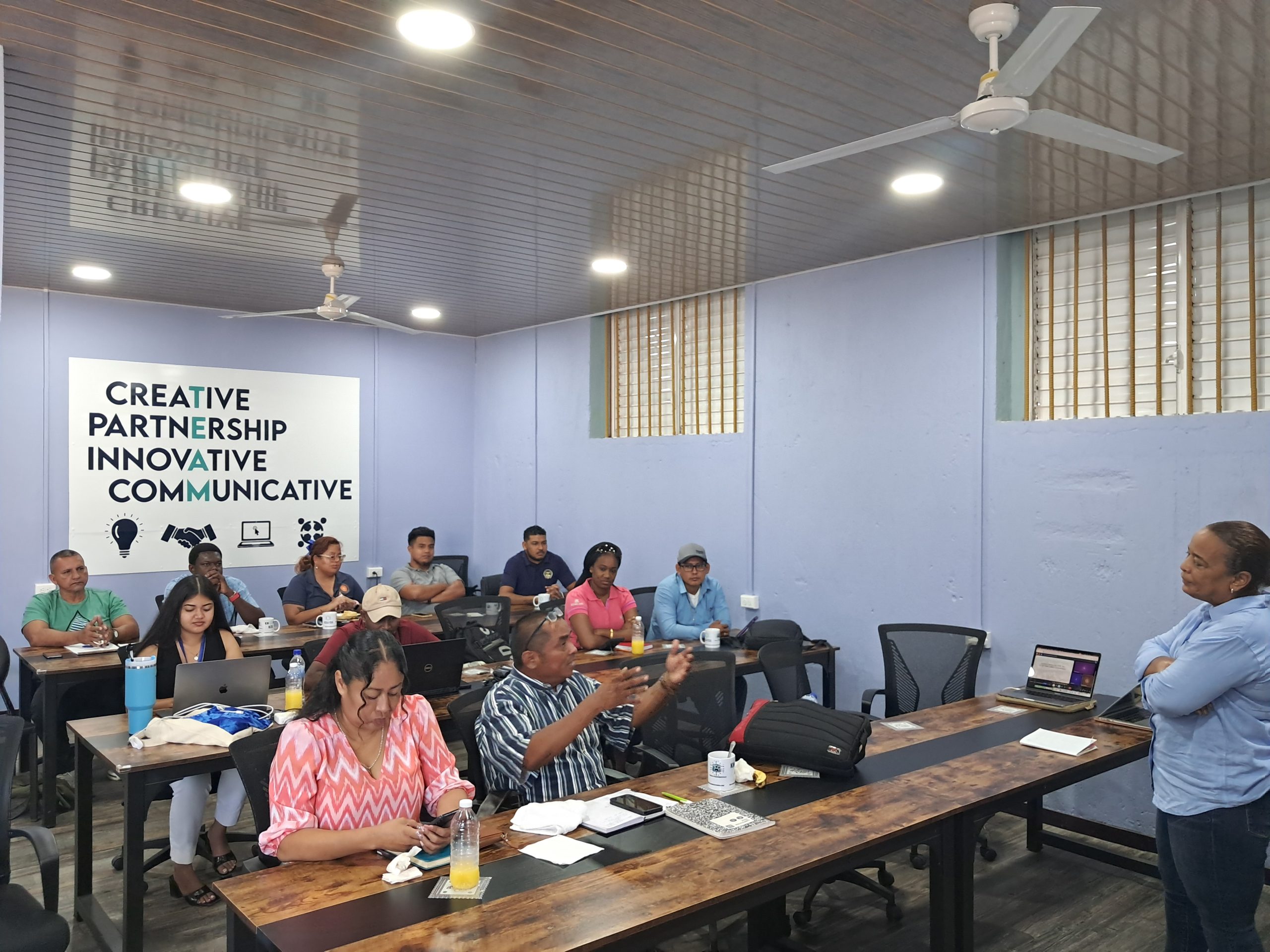
Dr. Jay Coombs
First published July 29, 2019
Most people think that they want feedback but, in truth, they only want positive feedback. We know that it is important to have feedback because getting other people’s informed opinion about the quality of your work helps you to improve in many ways . Certainly, feedback can help you to improve how you express yourself when writing; it can aid you to organise your thoughts, and it can massively improve your analytical ability. However, feedback is neither easy to receive when it is cutting, nor is it easy to accept when you’ve invested massive emotional energy in producing a document. Perhaps this is why feedback can be painful. It can make people feel inadequate, unworthy or angry. It would be important then, that before any feedback session or any interaction in which you should expect feedback, you must do some work to prepare your mind for how you will what you hear about your work and how you will respond to the changes you will inevitably have to make.
There are 3 things you can do:
(1) Review your work and make sure that it flows. You should make sure that your work makes sense. To do so, consider that the person reading your work has no knowledge of what it is that your doing or what it is that you are describing or explaining.
(2) Check that you have at least two or three areas where you do want feedback. This will help you to avoid going into any feedback session or interaction without expecting anything useful in return. Feedback can be useful so you should jot notes in advance about the areas where you do want feedback.
( 3) Your role then is to take copious notes even when it is hard to listen to constructive criticism about your work. Make sure to document all suggestions and pointers as they’re told to you as clearly as you can. If you don’t, you risk the chance of losing valuable information.
Feedback is not personal, it is in fact a critique or assessment about the work that you presented. What you presented is reviewed and interpreted by the person who is reading. This also means that the reader comes in contact with your work bringing their own ideas, viewpoints, and of course, their own intellectual background. Yet, there are always bright spots in any feedback session. The more engaged you are in these processes, the more likely you will be to spot positive messages. During my own time of PhD studies, I learned to look for four joyous words from my professor about my work: “This is much better.”
Avoid the pain of feedback and summarize the session well – there is nothing more annoying for any reviewer to review something over and over when in fact they will have told you about it before. So you must take notes, action them and hopefully avoid the pain of feedback. Afterall, feedback is good and at times it can just be awesome, just ask NYU Stern Professor Scott Galloway.



